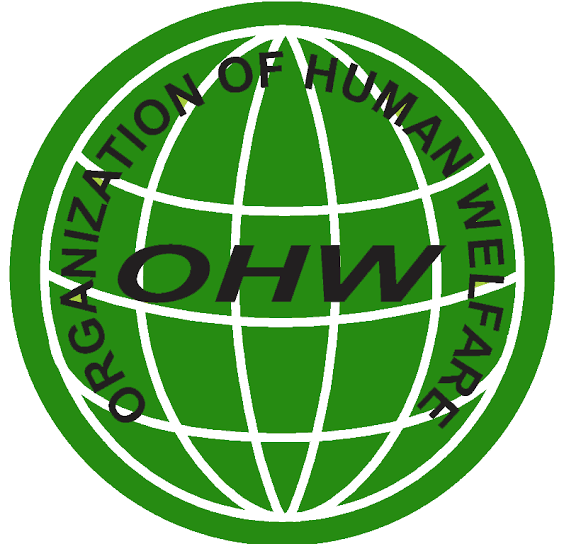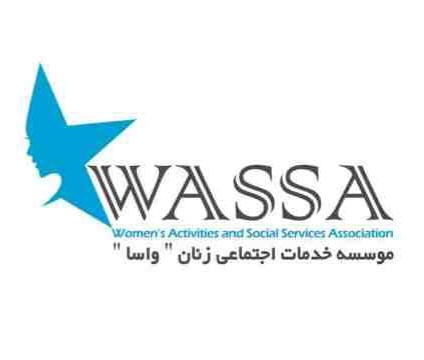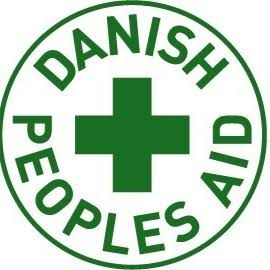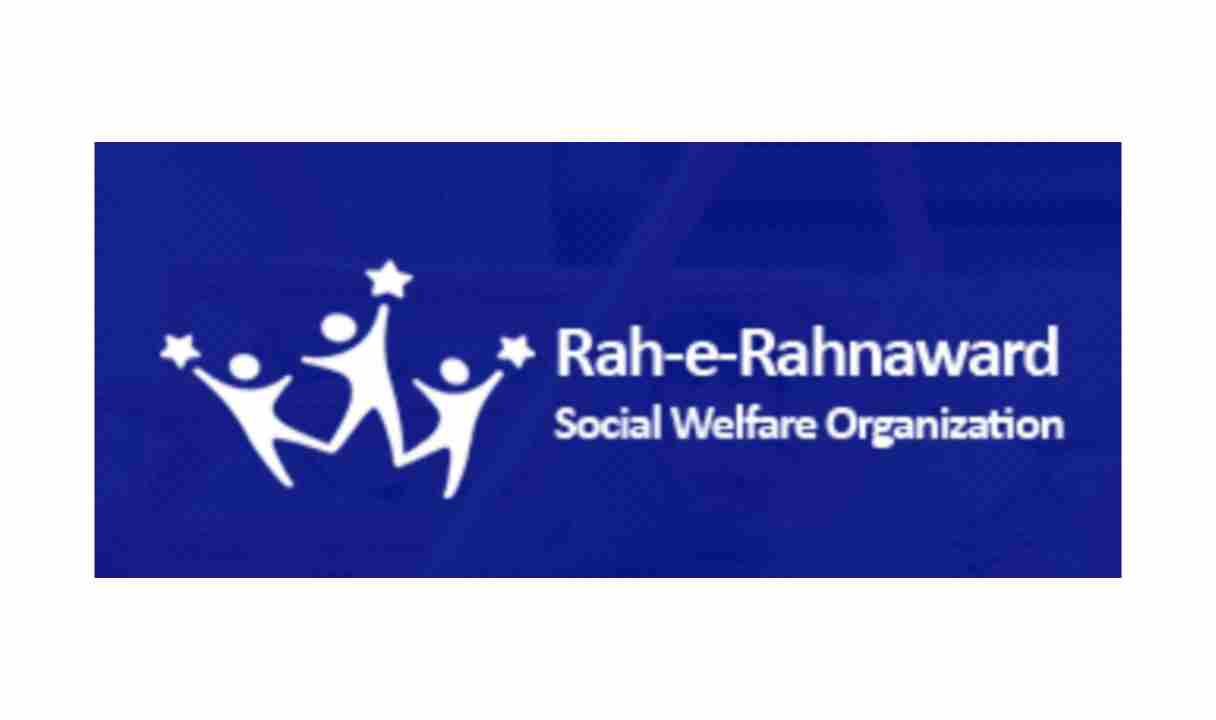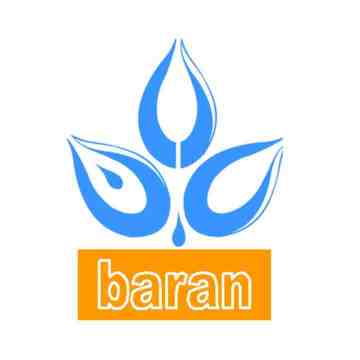Over the past few years, Afghanistan has witnessed a relative improvement in security and stability across much of the country. This has allowed humanitarian actors like INTERSOS to maintain uninterrupted access and expand services in areas that were previously hard to reach. Despite this progress, the humanitarian situation remains critical, with millions of Afghans continuing to face acute vulnerabilities due to prolonged economic hardship, natural disasters, and limited access to essential services.
In 2025, more than half of the population is in need of humanitarian assistance, with food insecurity, child malnutrition, and displacement remaining key concerns. Natural disasters, such as floods and recent earthquakes, have further compounded the needs of already struggling communities.
INTERSOS continues to operate through a community-based approach with field bases in Kabul, Kandahar, and Zabul, delivering primary healthcare, nutrition, and protection services with a focus on women, children, and persons with disabilities. The organization enjoys strong community acceptance and collaborates closely with relevant national authorities, including maintaining the full participation of female staff in all activities.
While the operational environment is largely stable and conducive, funding shortfalls and systemic barriers such as restrictions on financial flows and administrative bottlenecks continue to impact the scope and scale of humanitarian response. Sustained support is crucial to ensure the continuity of life-saving services and to address the urgent needs of Afghanistan’s most vulnerable populations.


